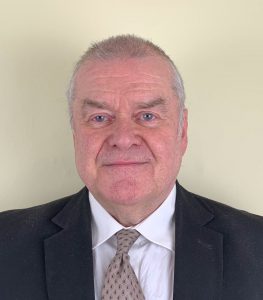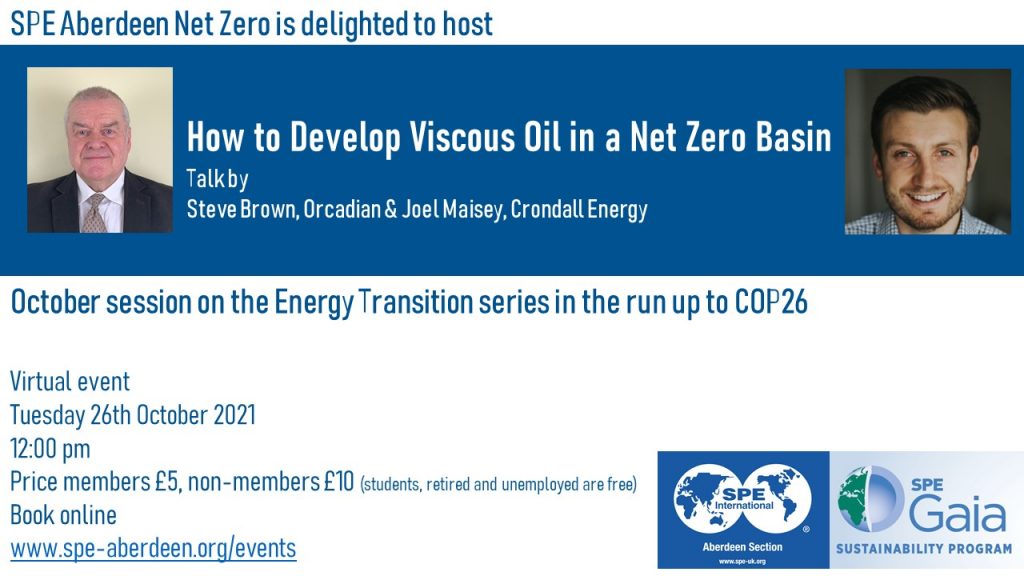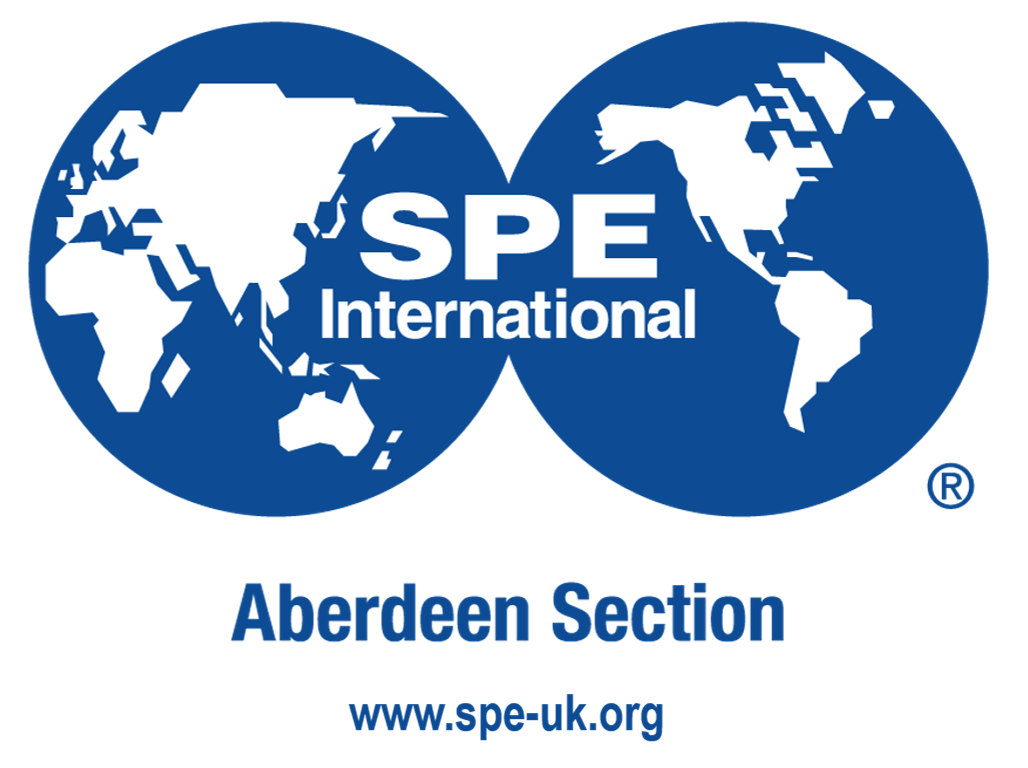SPE Aberdeen Net Zero Committee Presents:
How to Develop Viscous Oil in a Net Zero Basin.
Steve Brown, Orcadian & Joel Maisey, Crondall Energy
Watch webinar here.
Abstract:
The conventional wisdom is that viscous oil means high emissions. That has been true in the past, but it doesn’t have to be that way. Orcadian Energy licenced the Pilot oilfield in 2014 and has settled on a polymer flood approach to recover 79 MMbbls of 2P Reserves from the 263 MMbbls of viscous oil in place in the Pilot oilfield. The development scheme recovers this oil with world leading low emissions. Compared with a conventional water flood, adopting polymer flood from the start halves emissions, innovative process engineering combined with high efficiency power generation halves emissions again, and incorporating a floating wind turbine in the plan halves emissions yet again. Scope 1 and scope 2 emissions from Pilot are projected to be 2.6 kgCO2e/bbl, an eighth of the 2018 North Sea average. We show how this was achieved without significantly increasing the overall cost of the development.
Biographies

Steve Brown is a petroleum engineer with over nearly forty years of experience. He has a commercial, project development and operational background and has a BA in Chemical Engineering from Peterhouse, Cambridge. He started his career with BP as a petrophysicist and worked on a number of equity negotiations, before joining the well completions design group; he then had a spell as an Offshore Production Engineer on Forties Bravo followed by a period of time in Corporate Planning. In 1993 he led the Harding pre-project team for BP achieving partner and corporate approval for the project and was the first Andrew operations manager during the project execution phase.
Since leaving BP he founded the upstream consultancy Challenge Energy (now part of SLR), the Nigerian focussed oil company, Exile Resources (now Oando Energy Resources), and Setanta Energy which had a development project in Gabon. He also worked with Halliburton and Petrofac.
In 2014 he founded Orcadian Energy to apply for the Pilot field in the 28th Licensing Round. The company has recently listed on the AIM market and has 79 MMbbls of 2P reserves in the Pilot field with 78 MMbbls of 2C contingent resources in the Elke, Narwhal and Blakeney discoveries.”

Joel Maisey leads the Electrical and digitalization aspects of Crondall Energy’s technology development subsidiary Buoyant Production Technologies (BPT), focusing on low manning and low emission floating production systems. Joel also leads Crondall Energy’s Zero Emissions Tracking and Assessment (ZETA) tool. The ZETA tool estimates GHG emissions from construction through to operations and decommissioning. Providing emissions analysis through the development lifecycle, benchmarking against other facilities and ability to re-assess designs through the lens of emissions reduction.
A chartered engineer with a Master’s degree in Electrical and Electronic engineering from Imperial College London and a Functional Safety Engineer qualification from TÜV (FSEng), Joel initially gained experience working for major operators in both operational and project roles around the globe. Since joining Crondall, Joel has been a key component of BPT’s development of in-house low emission, Normally Unattended Installation (NUI) solutions. Combined with supporting Crondall’s clients in achieving their objectives of; realising the benefits of digitalisation, minimising facility environmental impact, and reducing offshore personnel requirements.


